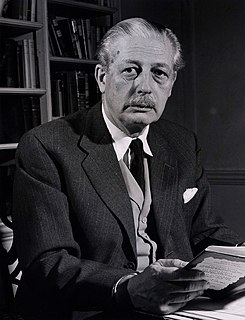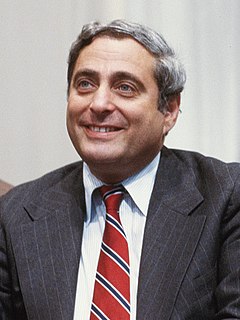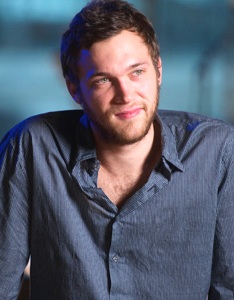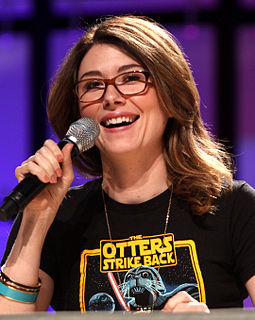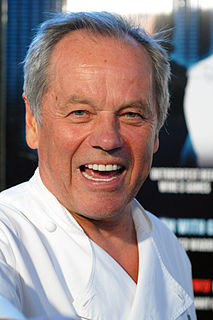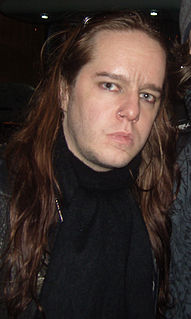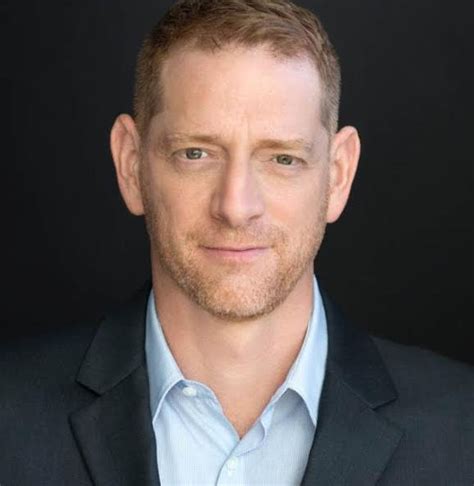A Quote by Harold MacMillan
A successful current affairs television show seems to be more and more a cross between a music hall turn and a scene in a torture chamber.
Related Quotes
There are two kinds of music. One comes from the strings of a guitar, the other from the strings of the heart. One sound comes from a chamber orchestra, the other from the beating of the heart's chamber. One comes from an instrument of graphite and wood, the other from an organ of flesh and blood. This loftier music I speak of tonight is more pleasing than the notes of the most gifted composers, more moving than a marching band, more harmonious than a thousand voices joined in hymn and more powerful than all the world's percussion instruments combined. That sweet sound of love.
I've begun to believe more and more that movies are all about transitions, that the key to making good movies is to pay attention to the transition between scenes. And not just how you get from one scene to the next, but where you leave a scene and where you come into a new scene. Those are some of the most important decisions that you make. It can be the difference between a movie that works and a movie that doesn't.
The only real difference between shooting 'Firefly' and 'Serenity' was that on 'Serenity,' we had a lot more freedom with time. When you're shooting a television show, you usually have anywhere between six and nine pages of script to shoot a day, and only twelve hours to do it. But with 'Serenity,' we could shoot one scene all day long.
If I had to make a choice between only writing about sports or only writing about music, I would probably write about music. I'm not sure why that is. There seems to be more to write about with music, just because it's more of a splintered thing. There's more subgenres. With sports, it's more objective in a way.
There seems to be a contradiction in the fact that there's more music around and more channels or downloading music or more channels on TV, and yet at the same time, in some ways it doesn't seem to be as vital as it once was. It seems to be just another entertainment option or lifestyle enhancement aid or something.
Why do we have to have violence, torture, brutality in crime dramas every time we turn on television? Any new crime drama is going to have, sooner or later, a lot of torture and nasty things that make people flinch. Lots of young people I know shrink and flinch from that kind of thing on television, so I think showing it is a mistake.
Television in the 1960s & 70s had just as much dross and the programmes were a lot more tediously patronising than they are now. Memory truncates occasional gems into a glittering skein of brilliance. More television, more channels means more good television and, of course, more bad. The same equation applies to publishing, film and, I expect, sumo wrestling.
